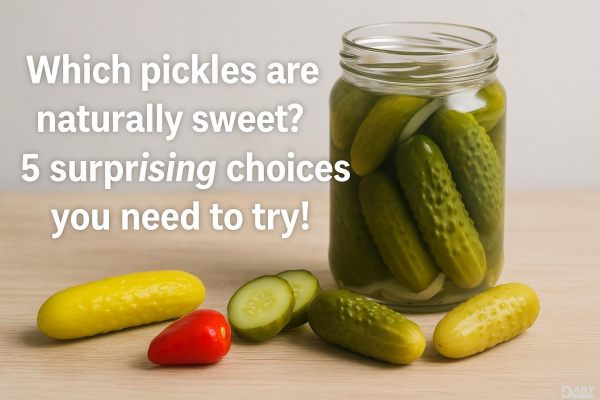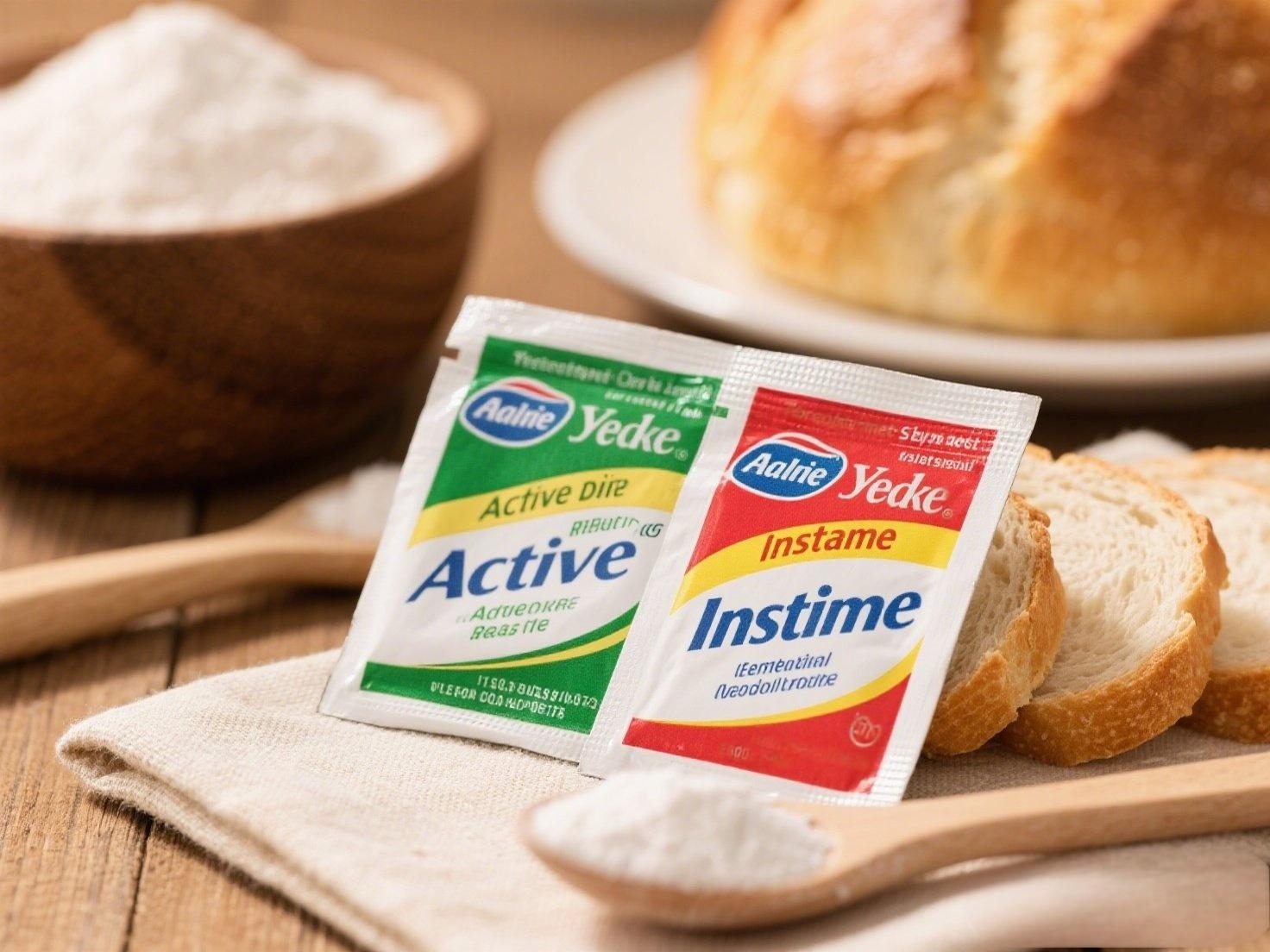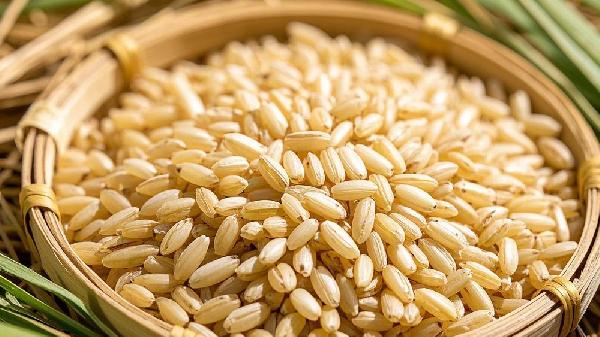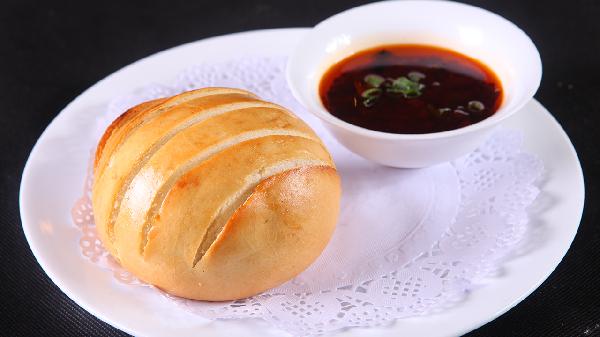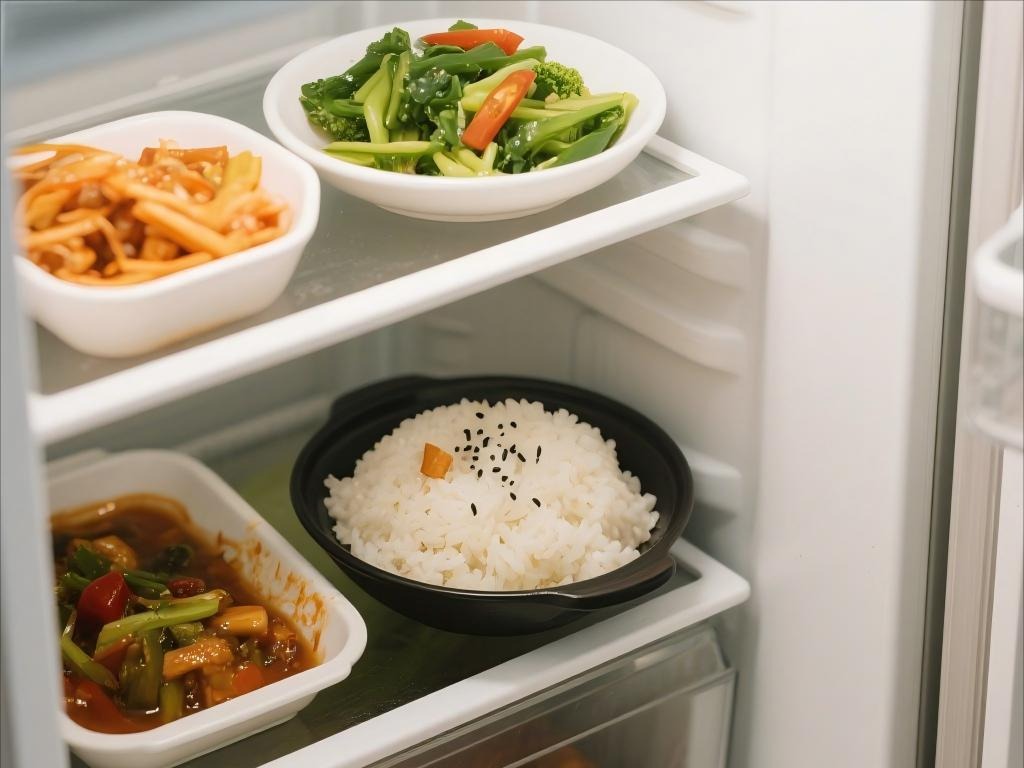Sparkling water has become the go-to drink for those who crave a little more excitement than plain old H2O. Whether you call it seltzer, club soda, or fizzy water, this bubbly beverage is just water infused with carbon dioxide under pressure, creating those tiny, effervescent bubbles that tickle your taste buds. It's a refreshing alternative to sugary sodas and even flat water, but is it actually good for you? The short answer: yes, with a few caveats. Let’s dive into the nitty-gritty of sparkling water—its benefits, potential drawbacks, and how to make the best choices when cracking open a can.
The Hydration Hero (With Bubbles)
One of the biggest perks of sparkling water is that it keeps you hydrated just as well as still water. "If you struggle to drink enough plain water, sparkling can be a great way to meet your fluid needs," says Melissa Mitri, MS, RD. Given that studies suggest a whopping 75% of Americans are chronically dehydrated, any liquid that helps you hit your daily water intake is a win. The Institute of Medicine recommends nine to 13 cups of fluids per day, depending on gender, and sparkling water counts toward that goal. Plus, the carbonation can make it feel more satisfying, which might encourage you to drink more throughout the day.
But hydration isn’t the only benefit. Some research suggests that the bubbles in sparkling water may help you feel fuller, which could be a small but helpful tool for weight management. The theory? The carbonation takes up space in your stomach, sending signals to your brain that you’re satisfied. It’s not a magic bullet, but if you’re looking for ways to curb mindless snacking, swapping soda for sparkling water might be a smart move.
Digestion and the Fizz Factor
Ever notice how some people swear by sparkling water for digestion? There’s some truth to that. The carbonation can stimulate the production of stomach acid, which may help with digestion—especially if you tend to feel sluggish after meals. Some folks also find that sparkling water helps relieve mild constipation, possibly because the bubbles encourage movement in the digestive tract. And if you’ve ever had gallbladder issues, you might appreciate that sparkling water can promote bile flow, which aids in fat digestion.
That said, not everyone’s stomach is a fan of the fizz. For some, carbonation can lead to bloating, burping, or even acid reflux. If you’re prone to heartburn or have a sensitive stomach, you might want to sip slowly or stick to still water during meals. People who’ve had bariatric surgery are often advised to avoid carbonated drinks altogether, as the gas can cause discomfort in a smaller stomach pouch.
Dental Health: The Not-So-Sparkly Side
Here’s the not-so-great news: sparkling water isn’t completely innocent when it comes to your teeth. The carbonation process creates carbonic acid, which gives the water its slightly tangy taste but can also soften tooth enamel over time. While it’s nowhere near as damaging as soda (which packs a double whammy of acid and sugar), frequent exposure to carbonated water might contribute to enamel erosion. If you’re a hardcore sparkling water fan, try rinsing your mouth with plain water after drinking it, or use a straw to minimize contact with your teeth. And, of course, keep up with regular dental checkups.
What’s Lurking in Your Can?
Not all sparkling waters are created equal. Some brands sneak in added sugars, artificial sweeteners, or even sodium—ingredients that can turn a healthy habit into a not-so-great one. Caroline Thomason, RD, CDCES, recommends checking labels for hidden sugars and keeping sodium under 75 mg per serving. If you’re watching your sugar intake, opt for unsweetened varieties or those naturally flavored with a splash of real fruit juice.
Then there’s the debate over artificial flavors and sweeteners. Some studies suggest that certain artificial sweeteners might mess with gut bacteria or even increase cravings for sweets. Others argue that they’re a better alternative to sugar, especially for people managing diabetes. The verdict? If you’re drinking sparkling water daily, sticking to unflavored or naturally flavored options is the safest bet. But if an occasional artificially sweetened version helps you ditch soda for good, it’s probably not the end of the world.
Finding Your Perfect Bubble Balance
So, is sparkling water healthy? For most people, yes—as long as you’re mindful of what’s in it and how your body reacts. If you love the fizz, go for brands with no added sugar, caffeine, or artificial junk. And if you notice bloating or heartburn, dial it back or switch to still water during meals. At the end of the day, hydration is key, and if sparkling water helps you drink more H2O, that’s a win. So pop that tab, enjoy the bubbles, and cheers to better hydration—one fizzy sip at a time.
Lauren Manaker is an award-winning registered dietitian and freelance writer who is passionate about providing evidence-based nutrition information in a fun and interesting way.


